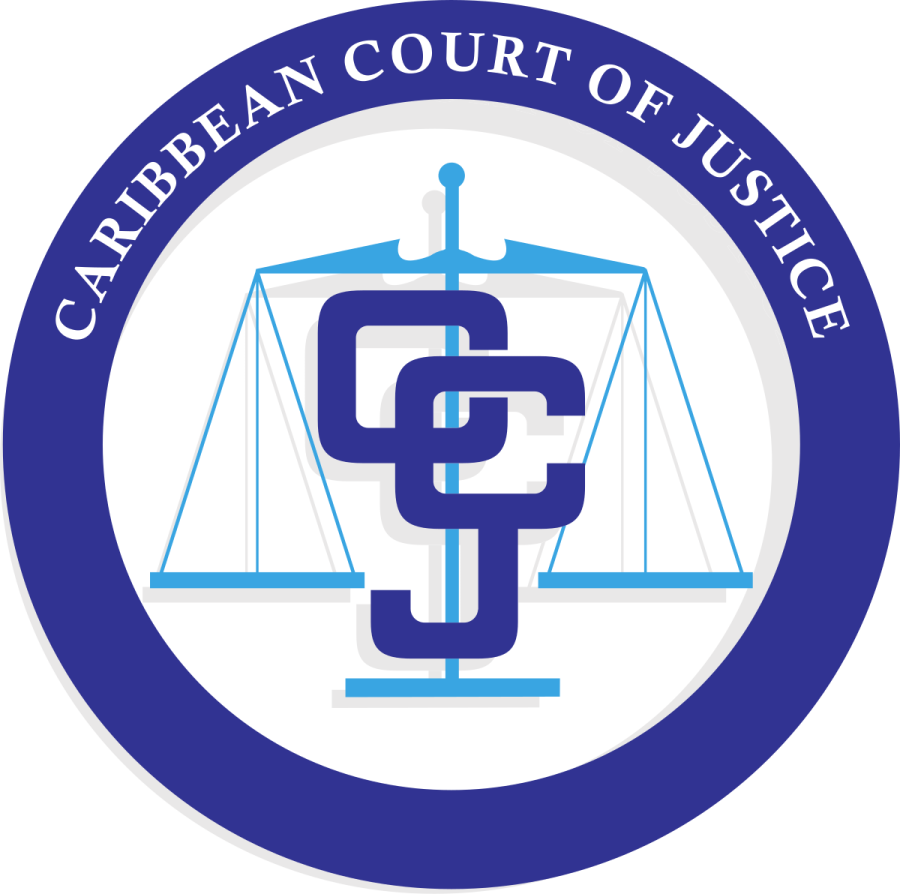By Prior Beharry
Port of Spain, – THE Caribbean Court of Justice (CCJ) on Wednesday ruled that Jamaica has breached the Revised Treaty of Chaguaramas (RTC) by failing to put a 40% Common External Tariff (CET) on imported soap noodles from non-CARICOM states.
DCP Successors Limited (DCPS), a Dominican company that produces soap noodles and soap products entirely within the CARICOM region, brought the action against Jamaica.
The company exports its products across the CARICOM, benefiting from preferential treatment and exemption from the 40% CET levied on similar commodities from non-member states. However, DCPS submited that Jamaica had been importing soap noodles from Malaysia and Indonesia without applying the requisite CET, impacting the competitive balance in the market.
The Jamaican soap producers in question were mixing these imported noodles with other ingredients to create finished soap products for sale within the country. The State of Jamaica initially misclassified the imported soap noodles, resulting in the exemption from the CET. Despite subsequent clarification from the World Customs Organisation, Jamaica continued to apply its domestic exemption under the Productive Inputs Programme to these imports.
The CCJ ruled that Jamaica was not in compliance with the RTC when it granted duty exemption on extra-regional soap noodles imports when identical or similar goods are sufficiently available within CARICOM. The judgment reaffirms the importance of the special regime under Schedule III of the RTC, which intends to protect regional manufacturers by encouraging sourcing from within CARICOM before considering exemptions.
The judgement noted that DCPS had attempted to supply soap noodles to the Jamaican market, but the local producers criticised the quality of their products. However, the CCJ found that DCPS was capable of adequately supplying CARICOM markets with soap noodles and that the quality of their noodles met the necessary standards – dispelling claims by Jamaican producers regarding the product’s quality.
Addressing a secondary point of contention, concerning Article 84 of the RTC, the CCJ acknowledged that the finished soap products could not be deemed goods of Community origin. Jamaica’s defence of good faith in their actions was not found sufficient to absolve the responsibility for the breach.
In its judgment, the court concluded that the Jamaica had breached the RTC by not applying the CET and had rejected the premise that good faith could negate this violation. The CCJ awarded legal costs to DCPS and scheduled a case management conference to deliberate further remedies and relief for the claimant.
The detailed judgment of this case has been made available on the official CCJ website at www.ccj.org.
The court comprised Justices Adrian Saunders (President) and Winston Anderson, Maureen Rajnauth-Lee, Andrew Burgess and Peter Jamadar.

AZP News is an independent news organisation that is not affiliated with any big business and depends solely on advertising to pay our bills. Therefore, we are asking for the generosity of our readers to help us with small donations of any amount, but we will be happy with $10, $20 or $50. Click Here to Donate
![]()












